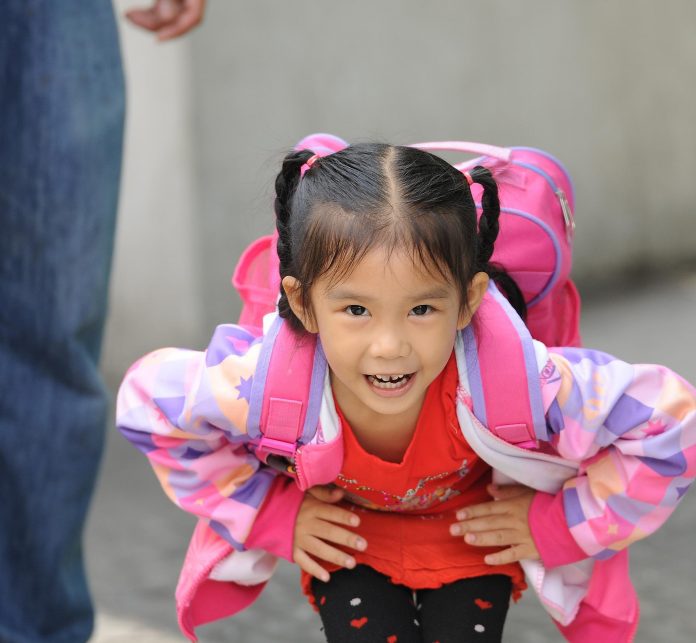British international schools operating in China have been hit by another round of government reforms aimed at ‘levelling up education’ and banning for-profit schools. From May this year, schools enrolling Chinese students can no longer use the name of the foreign schools, effectively putting paid to the lucrative franchise operations which have filled the coffers of the UK’s historic schools.
Harrow School Beijing has been renamed LIDE Beijing, while NangWai King’s College School is now known as Wuxi Dipont School of Arts and Sciences.
In the past few years, schools working with under-16s have been ordered to drop foreign curricula and foreign published books and operate on a not-for-profit basis though, thus far, the rules do not apply to high school programmes.
Of the 74 schools operating under the brand name of a British school in China, 16 are international schools catering only to expats and are not affected. Although the schools in some regions of the country have not yet come under scrutiny, in the long term all schools offering the bilingual Chinese national curriculum are likely to have to drop their brand.
Most likely to survive are the hands-on British operations which have built up an international chain of centres and can continue to show parents that, despite their change of name, the Chinese branches are very much still attached to the mother school. An example is the bilingual schools in China affiliated with Dulwich, which changed their name to Dehong some time ago, but continue to work with Dulwich schools across the world.
Ironically, the Chinese government banned other international brands from operating schools some years ago, but allowed historic British schools to continue because they operate at home as not-for-profit educational charities. Educational charities, as British not-for-profit schools and universities are categorised, are forbidden by UK law from using their charitable status to the benefit of children overseas.
Indeed, many of the big name British schools agreed to partner with overseas organisations and franchise their names to raise money for scholarships and bursaries for children in the UK. Dulwich School, for example, has launched a programme called the New Dulwich Experiment. It aims to use the profits from its overseas franchises and other activities to enable it to enrol 50% of its students from British families who cannot afford its fees.





